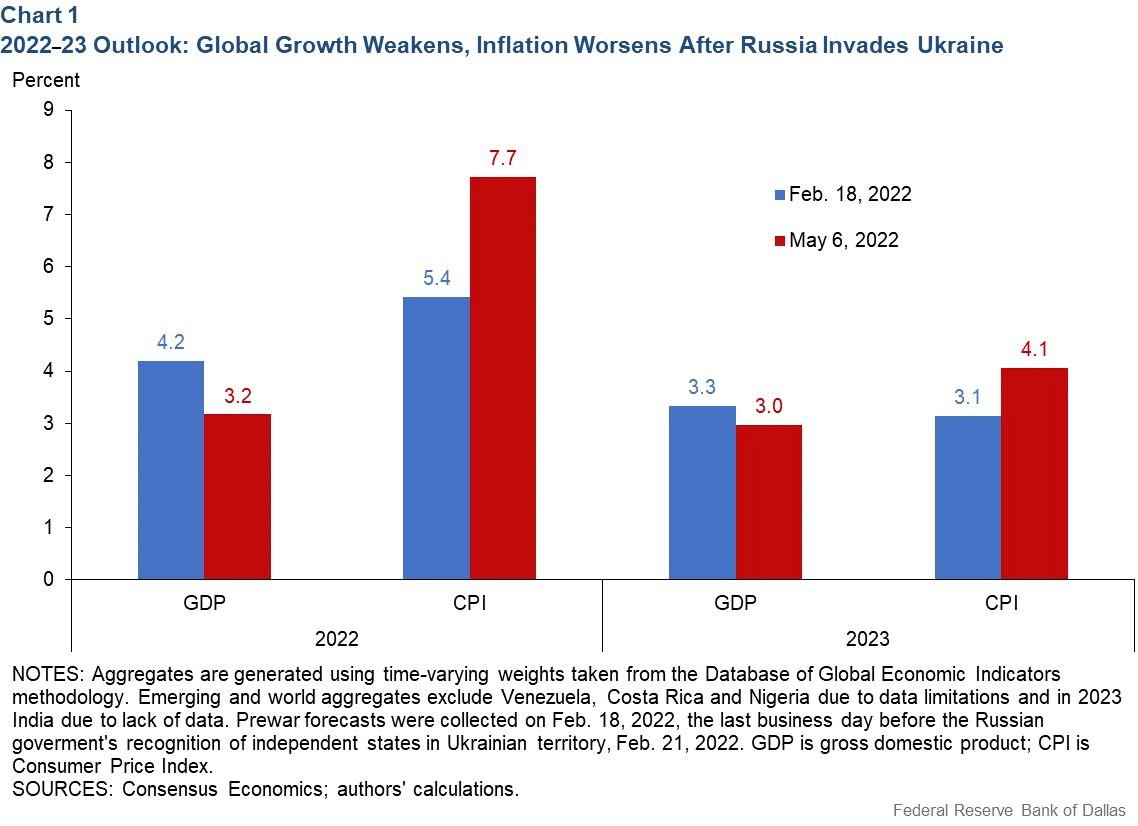
Economic Warfare: Unveiling Global Impact and Strategies
Economic warfare, characterized by trade disputes, sanctions, and financial conflicts between nations, has far-reaching effects on the global landscape. In this exploration, we delve into the multifaceted impact of economic warfare and the strategies employed by nations to navigate these complex challenges.
Global Economic Interconnectedness
The effects of economic warfare are amplified in today’s interconnected global economy. Trade relations, financial markets, and supply chains are deeply intertwined, making nations highly susceptible to the economic actions of their counterparts. Disruptions in one part of the world can send ripples across various industries and regions, emphasizing the interconnected nature of the global economy.
Trade Disputes and Tariffs
Trade disputes and the imposition of tariffs are common weapons in economic warfare. Nations engage in these practices to protect domestic industries, gain leverage in negotiations, or address perceived unfair trade practices. However, these actions can lead to increased costs for businesses, disrupted supply chains, and a rise in consumer prices, affecting economies on a broad scale.
Sanctions and Financial Restrictions
The use of sanctions and financial restrictions is another facet of economic warfare. Nations may impose sanctions to express disapproval of certain policies, behaviors, or human rights violations. While these measures can exert pressure on targeted countries, they also have widespread consequences, affecting innocent civilians, disrupting trade, and potentially exacerbating geopolitical tensions.
Currency Wars and Exchange Rate Manipulation
Currency wars involve intentional efforts by nations to manipulate their currency exchange rates for economic advantage. This strategy can impact international trade competitiveness and create imbalances in the global financial system. Exchange rate fluctuations resulting from currency wars can lead to market uncertainties, affecting businesses and investors.
Impact on Businesses and Industries
Businesses are on the front lines of economic warfare, grappling with the uncertainties and challenges it brings. Increased costs, supply chain disruptions, and market volatility can significantly impact the operations and profitability of companies. Industries that heavily rely on international trade are particularly vulnerable, navigating a complex landscape of geopolitical tensions and economic uncertainties.
Strategies for Economic Resilience
Nations and businesses alike employ strategies to enhance economic resilience in the face of economic warfare. Diversifying trade partners, investing in domestic industries, and fostering innovation are common approaches. Governments also implement policies to build robust financial systems, reduce dependence on critical imports, and create buffers against external economic pressures.
Geopolitical Considerations
Economic warfare is often intertwined with geopolitical considerations. Nations may use economic tools to advance their geopolitical agendas, gain strategic advantages, or respond to perceived threats. The complex interplay between economic interests and geopolitical dynamics adds layers of complexity to the landscape of international relations.
International Cooperation and Diplomacy
In navigating economic warfare, international cooperation and diplomacy play crucial roles. Diplomatic efforts seek to find peaceful resolutions to trade disputes, negotiate agreements, and foster collaboration. Multilateral organizations and forums provide platforms for nations to engage in dialogue, address economic grievances, and work towards mutually beneficial solutions.
The Humanitarian Toll
Amidst the economic and geopolitical considerations, it’s important to acknowledge the humanitarian toll of economic warfare. Sanctions and trade restrictions can lead to adverse effects on civilian populations, impacting access to essential goods and services. Addressing the humanitarian aspects of economic warfare is essential for fostering a more equitable and compassionate global economic system.
Navigating the Future of Economic Relations
As nations navigate the complexities of economic warfare, the future of economic relations remains uncertain. Evolving strategies, technological advancements, and changing geopolitical landscapes will continue to shape the dynamics of economic warfare. The pursuit of fair, transparent, and collaborative economic practices is vital for building a resilient global economy.
Explore more about the effects of Economic Warfare and strategies for navigating global challenges at dearakana.my.id. Gain insights into the geopolitical and economic dynamics that influence nations and industries in the ever-changing landscape of international relations.



